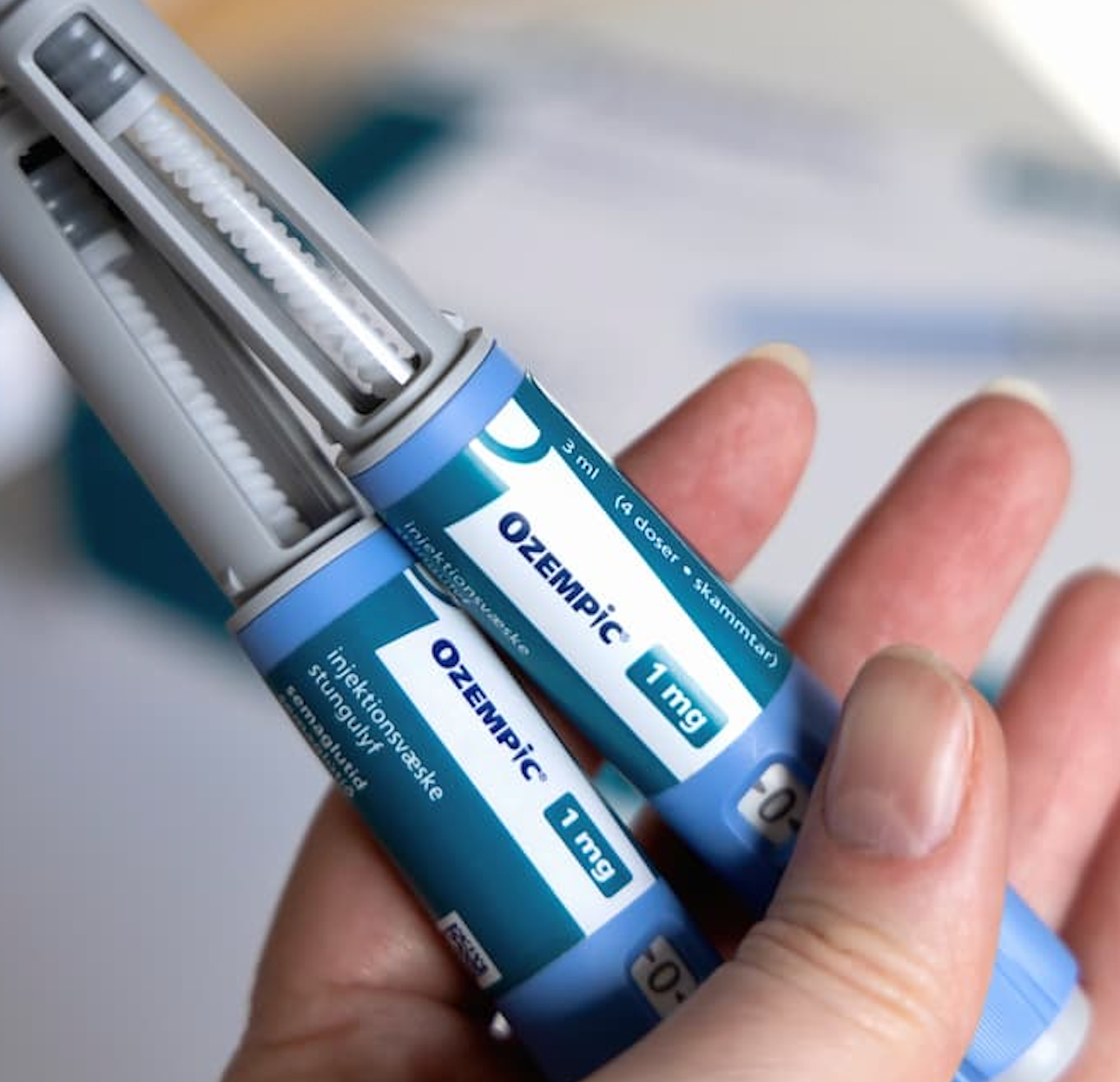FDA Declares Wegovy and Ozempic Shortage Resolved
The FDA has declared that the shortage of Wegovy and Ozempic is over, with Novo Nordisk now meeting nationwide demand.
By
Lana Pine
| Published on February 21, 2025
3 min read
Credit: Adobe Stock/Kassandra

Novo Nordisk has announced that the U.S. Food and Drug Administration (FDA) has officially determined there is no longer a shortage of Wegovy and Ozempic, the only FDA-approved semaglutide medicines. This means the supply of these medications now meets or exceeds demand across the country.
The company also emphasizes that only these two approved versions of semaglutide medicines are legal, while compounded knockoff versions are not, except in rare cases.
“No one should have to compromise their health due to misinformation and reach for fake or illegitimate knockoff drugs that pose significant safety risks to patients,” Dave Moore, executive vice president, U.S. Operations and Global Business Development, and president of Novo Nordisk Inc., said in the statement.
To maintain this steady supply, Novo Nordisk will continue to operate its manufacturing facilities 24/7 and has invested $6.5 billion in U.S. production capacity this year.
"I'm happy to hear that the shortage of semaglutide has been resolved," said Diana Isaacs, PharmD, endocrine clinical pharmacist, director of Education and Training in Diabetes Technology, and co-director of Endocrine Disorders in Pregnancy at the Cleveland Clinic. "My hope is this leads to more access for patients that need and benefit from this drug. I am very concerned about the increase in compounding and lack of oversight of these alternative formulations which can cause patient harm. I hope the GLP-1 manufacturers can continue to meet the demand and work with payers to make these affordable to the people that need them."
In response to past shortages, Novo Nordisk has introduced a new artificial intelligence-powered app called Find My Meds, created to help patients locate Wegovy at nearby pharmacies. This tool aims to ensure people can access their medications without disruption in times when they may be unable to immediately fill their prescription at the dose they need and at the pharmacy they prefer, supporting better long-term health outcomes.
“Patient safety remains our top priority and, in line with our purpose to improve lives and health, we continue to partner, educate and advocate for expanded, affordable access to our medicines for those who need and rely on them,” Moore concluded.

